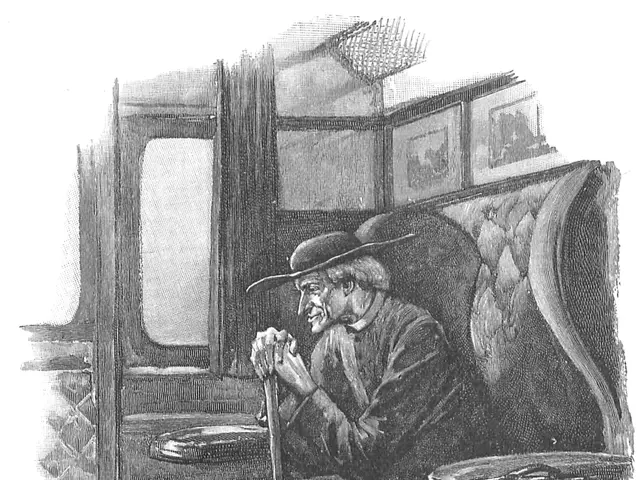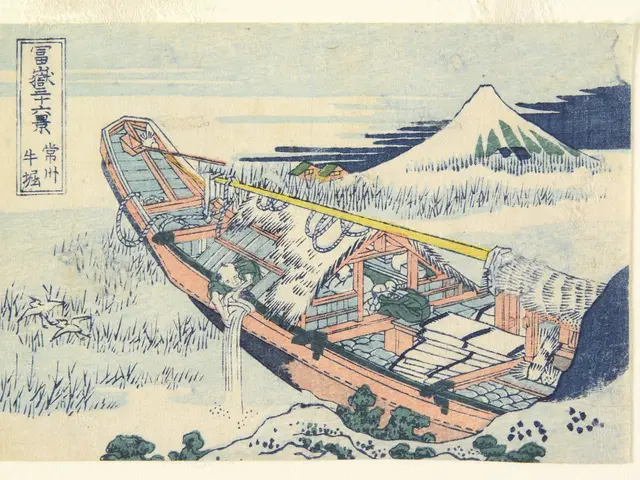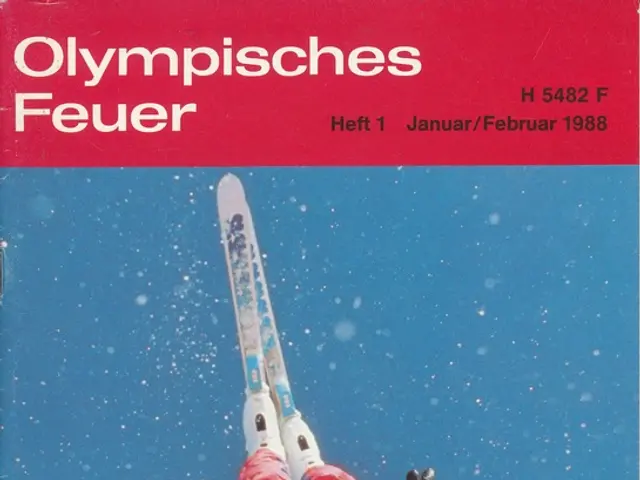Pre-Proposal Discussion on Modifying the Definition of U.S. Jurisdictional Waters in Relation to Tribal Interests
The Environmental Protection Agency (EPA) and the U.S. Army Corps of Engineers (Corps) have been actively engaging in a Tribal consultation process regarding the revised definition of "waters of the United States" (WOTUS). This process is part of a broader stakeholder engagement initiated in 2021, following multiple regulatory changes and Supreme Court decisions.
On December 7, 2021, the agencies published a proposed rule to revise the WOTUS definition in the Federal Register. This proposal was met with significant response, with 26 comment letters submitted by various Tribes, including the Pyramid Lake Paiute Tribe, Pascua Yaqui Tribe, Tohono O'odham Nation, Quinault Indian Nation, Fond Du Lac Band of Lake Superior Chippewa, and Menominee Indian Tribe of Wisconsin, among others.
The agencies announced their intention in early 2025 to engage with State and Tribal co-regulators, as well as other stakeholders, to discuss key aspects of the WOTUS definition in light of the 2023 Supreme Court decision in Sackett v. EPA. This commitment is evident in a notice issued in March 2025, expressing a dedication to work alongside Tribal governments as co-regulators.
To facilitate this consultation, the agencies have planned listening sessions and established a public docket to collect written recommendations. The Tribal consultation period took place from July 30, 2021, to October 4, 2021. The agencies have also issued a final rule to amend the January 2023 Rule on August 29, 2023, to conform the definition of WOTUS to the U.S. Supreme Court's decision in the case of Sackett v. EPA.
The consultation process follows a history of multiple regulatory shifts affecting the WOTUS definition, including the 2023 revised definition published on September 8, 2023, which amended the March 2023 rule to conform to Supreme Court decisions regarding jurisdictional tests. The agencies aim to learn from past regulatory approaches to develop a durable and clearer definition of WOTUS while maintaining compliance with judicial rulings.
The role of Tribes is recognised as vital given that waters on Tribal lands may be subject to federal regulation under the Clean Water Act. Tribal co-regulators are seen as partners to both protect water resources and provide clarity to regulatory jurisdiction. More information about the final January 2023 Rule and the summary reports of Tribal consultation and engagement for the rulemaking and proposed rule are available.
Read also:
- Germany's three-month tenure under Merz's administration feels significantly extended
- United Nations Human Rights Evaluation, Session 45: United Kingdom's Statement Regarding Mauritius' Human Rights Record
- Hurricane-potential storm Erin forms, poised to become the first hurricane in the Atlantic Ocean this year.
- Amidst India's escalating climate crisis, transgender individuals continue to persevere.








